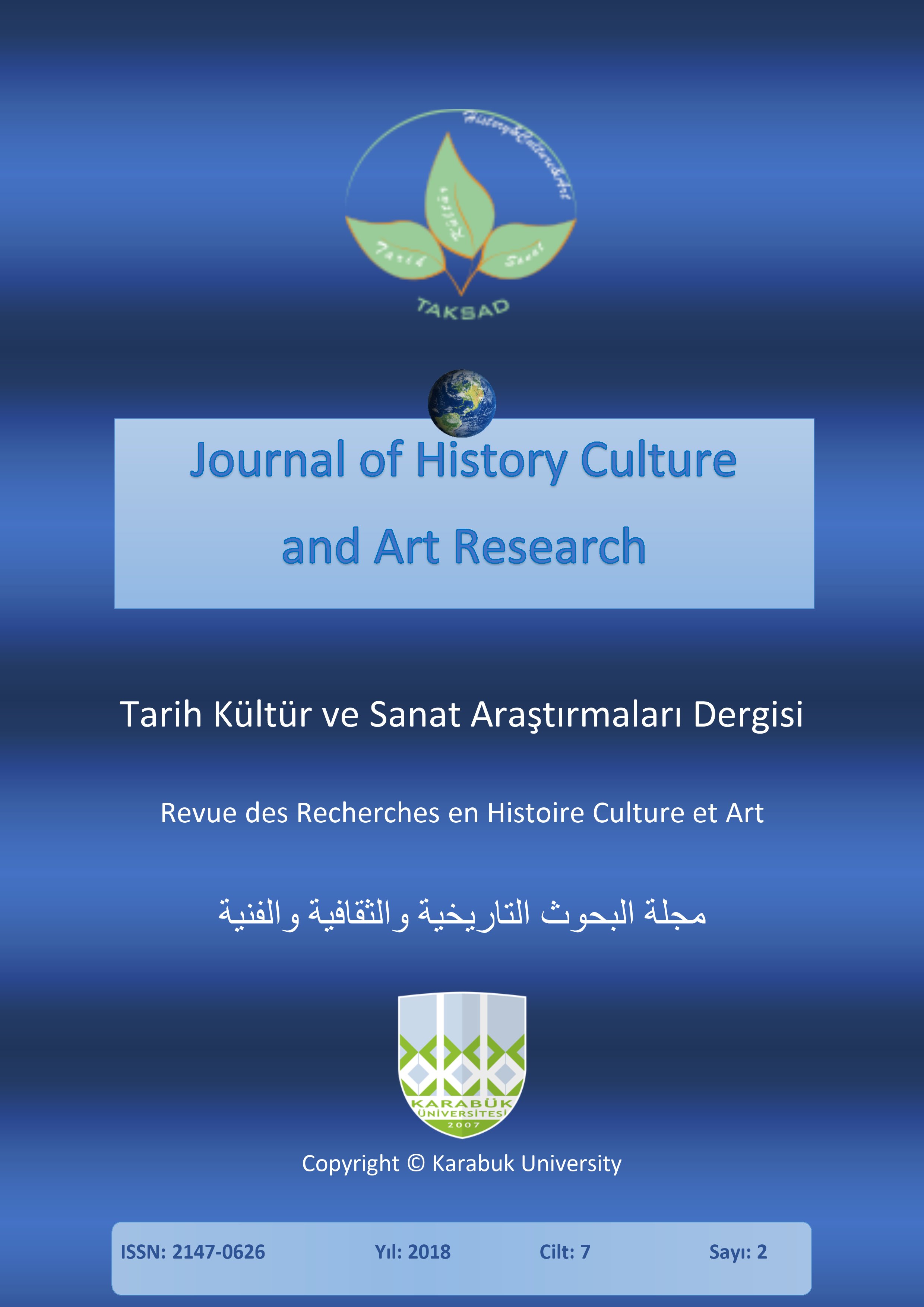The Deconstruction of “Metanarrative” of Traditional Detective Fiction in Martin Amis’s Night Train: A Postmodern Reading
DOI:
https://doi.org/10.7596/taksad.v7i2.1228Keywords:
Metanarrative, Detective story, Little narrative and anti-detective story.Abstract
This paper examines this view of “unreliable” or “little narrative” or “incredulity toward metanarrative” in Martin Amis’s novel Night Train as an anti-detective novel. In so doing, the paper falls into two parts. The first part focuses upon the convention of traditional “reliable” or “metanarrative” in a typical traditional detective story, in which Mike Hoolihan as a detective investigates Jennifer Faulkner’s suicide by collecting all the possible evidences and then examining them in a chronological linear way to solve her enigmatic death: who has killed her? Why was she murdered? If it is suicide, why has she ended her life? However, the paper also discusses that the way Mike passionately attempts to solve Jennifer’s mysterious death is not possible due not only to lack of evidences but also to the fact that there occurs various interpretations about her death, including Mike’s her one, which, after a while, turns into a psychological evaluation of the case with her own emotional involvement. Hence Jennifer’s death remains a mystery from the beginning to the end in the novel. This situation obviously defies the expectation of her father Tom as in the traditional sense because why Tom hires Mike as an “exceptional interrogator” with an outstanding “paperwork” in the past is to clarify the case and then appease his anxiety, as well as the mystery of his daughter’s death. Through his representation of Mike in such a condition, Amis apparently illuminates that it is almost impossible to create a detective story with a final legitimate total meaning and resolution as in a typical traditional detective novel in an age based on fragmentation, uncertainty, doubt, interruption, lack of authority, and self-expression.
References
Amis, M. (1997). Night Train. Retrieved from http://dlx.b-ok.org/genesis/579000/0be415cef60dee03f1f3810ff585212e/_as/[Martin_Amis]_Night_Train(b-ok.org).pdf
Anderson, Jean; Carolina Miranda & Barbara Pezzotti (Eds). (2012). The Foreign in International Crime Fiction: Transcultural Representations. London and New York: Continuum.
Booth, W. C. (1983). The Rhetoric of fiction (2nd Ed.). Chicago and London: The University of Chicago Press.
Creed, B. (1987). From Here to Modernity: Feminism and Postmodernism. Screen, 28 (2), 47-67.
Habermas, J. (1997). Modernity: An Unfinished Project. In M. P. d’Entreves and S. Benhabib (Eds), Habermas and The Unfinished Modernity: Critical Essays on The Philosophical Discourse of Modernity. Cambridge, Massachusetts: The MIT Press, 38-55.
Lyotard, J. F. (1984). The Postmodern Condition: A Report on Knowledge (G. Bennington and B. Massumi, Trans.). Minneapolis: University of Minnesota Press.
Priestman, M. (Ed.) (2003). The Cambridge companion to crime fiction. Cambridge: Cambridge UP.
Quinn, E. (2006). A Dictionary of Literary and Thematic Terms (2nd Ed.). New York: Facts On File, Inc.
Scaggs, J. (2005). Crime fiction. Routledge: Abingdon.
Seago, K. (2014). Introduction and Overview: Crime (Fiction) in translation. The Journal of Specialized Translation, 22, 2-14.
Stolarek, J. (2009). A Crime Story or Metafictional Game? – A Definition and Redefinition of the Status of the Detective Novel in Marin Amis’s London Fields and Tzvetan Todorov’s Typology of Detective Fiction. Anglica Wratislaviensia, 47, 27-39.
Stolarek, J. (2011). Narrative and Narrated Homicide: The Vision of Contemporary
Civilisation in Martin Amis’s Postmodern Crime Fiction (Unpublished doctoral thesis). Katowice: University of Silesia.
Todorov, T. (1977). The typology of detective fiction. The poetics of prose (R. Howard, Trans.). Ithaca, NY: Cornell UP, 42-52.
Worthington, Heather (2011). Key concepts in crime fiction. Basingstoke: Palgrave Macmillan.
Downloads
Published
How to Cite
Issue
Section
License
All papers licensed under Creative Commons 4.0 CC-BY.- Share — copy and redistribute the material in any medium or format
- Adapt — remix, transform, and build upon the material for any purpose, even commercially.
Under the following terms:
Attribution — You must give appropriate credit, provide a link to the license, and indicate if changes were made. You may do so in any reasonable manner, but not in any way that suggests the licensor endorses you or your use.
- No additional restrictions — You may not apply legal terms or technological measures that legally restrict others from doing anything the license permits.







